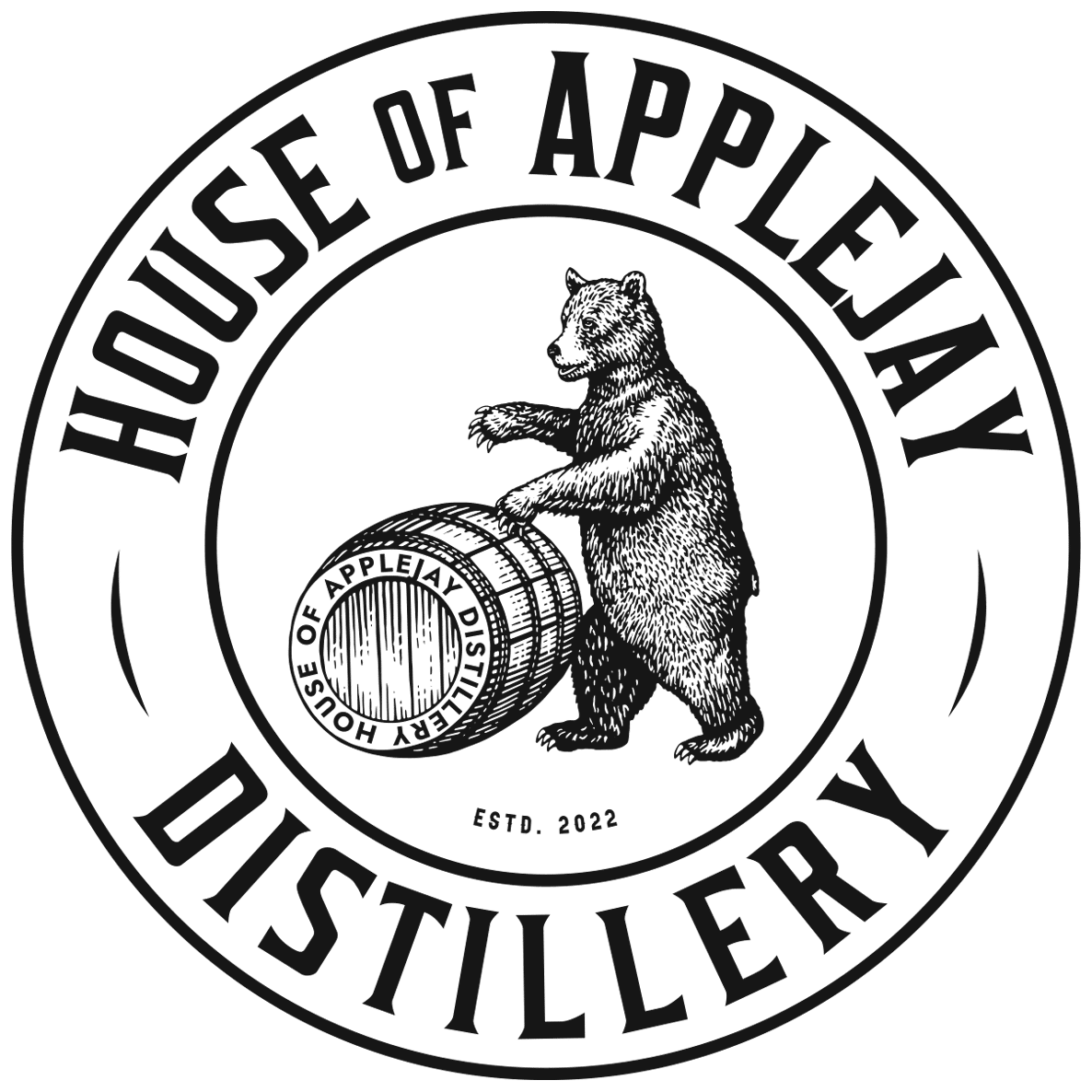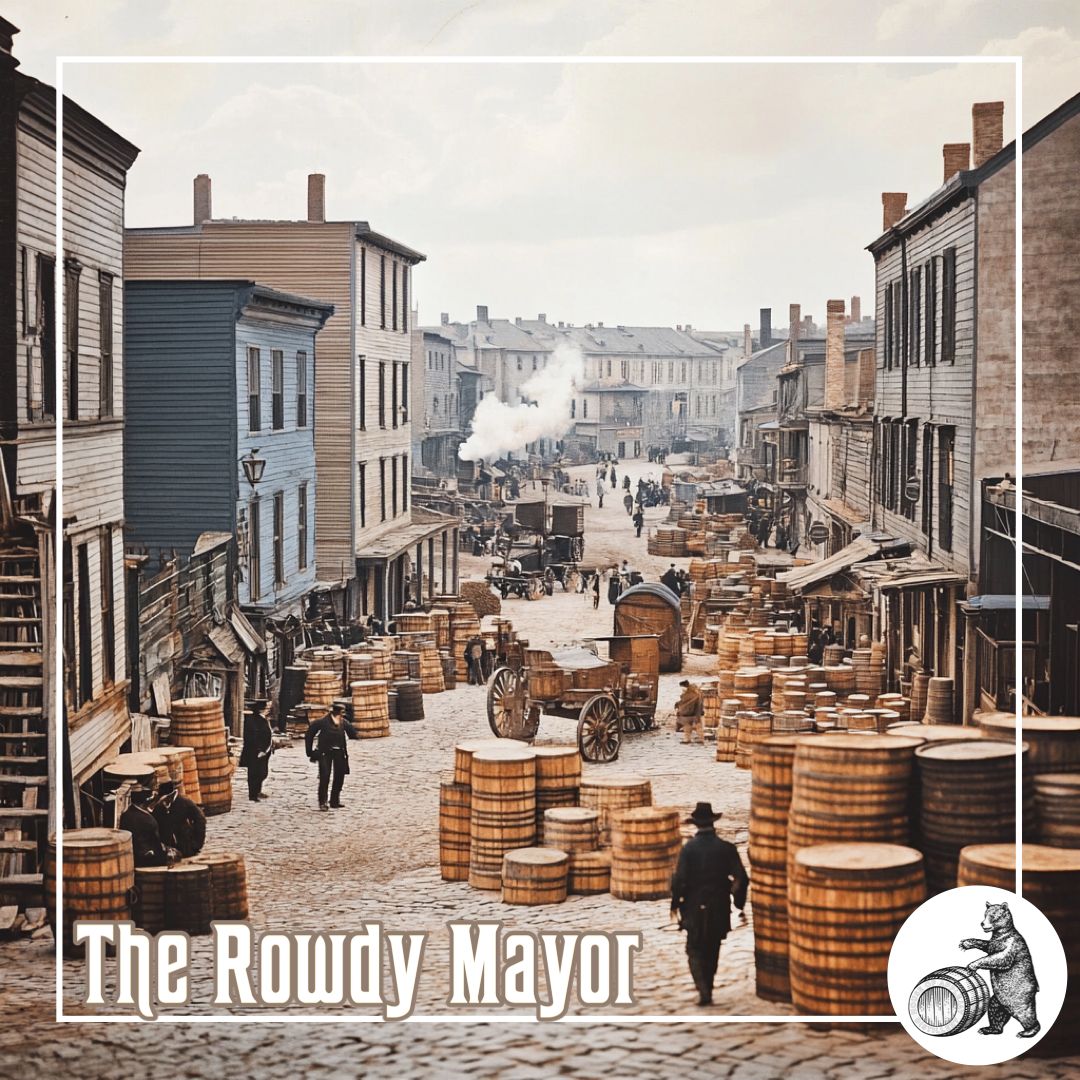The Rowdy Mayor Of Atlanta
The Rowdy Legacy of Atlanta’s First Mayor
A “rowdy” is described as “a person who behaves in a rough, disorderly fashion,” and it might surprise you to learn that the first Mayor of Atlanta embraced this very label with pride. Moses W. Formwalt (1820 – May 26, 1852) was a self-proclaimed “rowdy” who not only owned a saloon but also dealt in still pots, making significant contributions to the city’s early, vibrant—and often tumultuous—history. His bold personality and entrepreneurial spirit helped shape Atlanta during a time when the city was carving out its identity amidst a backdrop of excitement and chaos.
From Marthasville to Atlanta
Originally named Marthasville, Atlanta was chartered as the City of Atlanta on December 29, 1847. The name change from Marthasville occurred in December 1845 to better reflect the burgeoning community’s ambitions. The first election of city officers was held on January 29, 1848. Formwalt, at just 28 years old, emerged victorious in this inaugural election, garnering a significant share of the 215 votes cast and defeating his rival, Jonathan Norcross. He represented the Free and Rowdy Party, a group that embodied the spirit of the time, characterized by leniency toward gambling, liquor, and other forms of entertainment that were often deemed unsavory by more conservative factions.
Moses W. Formwalt: A Brief Biography
Born in Tennessee, Formwalt moved to Atlanta and opened a tin shop on Decatur Street in 1846, where one of his most popular products was a still used to produce liquor. His success in this venture laid the groundwork for his later establishment of one of Atlanta’s first saloons. After launching his saloon, he ran in the city’s first election, marking the beginning of his political journey.
The first meeting of the city council convened shortly after the election on February 2 at the Jonas Smith grocery store, a location now recognized as the site of the Howard Johnson Hotel near Five Points. Throughout his one-year term, Formwalt’s administration initiated essential developments for the fledgling city. Roads were cut, wells were dug, and a jail was built to maintain a semblance of law and order amid the rapid growth and often tumultuous conditions of the time. On January 17, 1849, Dr. Benjamin F. Bomar succeeded him as mayor, marking the transition to another Rowdy leader.
The Rise of the Free and Rowdy Party
Formwalt’s election was far from peaceful; it was marked by chaos, with over 60 fights breaking out across the city during the campaign. He campaigned in front of Thomas Kile’s Grocery, a notable gathering spot, and managed to capture the public’s imagination and support. His victory solidified the influence of the Rowdy Party, which represented the interests of saloon owners and those engaged in the city’s burgeoning entertainment scene.
As Atlanta transformed from a modest railroad terminus into a burgeoning town, the number of taverns increased significantly. By 1850, the year Oakland Cemetery was founded, Atlanta boasted a population of nearly 2,800 residents and over 40 saloons—one for every 70 people. Decatur Street, particularly from Pryor to Hill Street, became known as the city’s first “saloon row.” One of the earliest taverns in the area, Whitehall Tavern, was located near the present-day intersection of Lee Street and Ralph David Abernathy Boulevard. It served food and drinks to travelers and settlers, functioning as an inn, a stagecoach stop, and a post office. These establishments laid the groundwork for the city’s vibrant nightlife and social interactions, fostering a community that was both lively and unruly.
In terms of politics, early Atlanta was characterized by a fierce rivalry between two primary parties: the Free and Rowdy Party, which favored the saloon business and was sympathetic to gambling and prostitution, and the Moral Party, which advocated for order, temperance, and a more restrained social environment. Despite the chaos surrounding his election, Formwalt’s administration managed to navigate the challenges of leading a city teetering on the edge of lawlessness and growth. His successful tenure set the stage for his successors, both of whom were also elected from the Rowdy Party—Benjamin Bomar and Willis Buell.
Tragedy and Legacy
After his term as mayor, Formwalt continued to serve his community as deputy sheriff of DeKalb County. However, tragedy struck in May 1852 when he was escorting a prisoner to the courthouse. The prisoner pulled a knife and fatally stabbed Formwalt, bringing his life and career to a sudden and violent end. He was laid to rest in Oakland Cemetery, where a monument was later erected to honor his memory. Today, Formwalt Street, located just southwest of downtown Atlanta, serves as a reminder of his significant impact on the city’s early history.
Formwalt’s legacy is intertwined with the rich tapestry of Atlanta’s development, reflecting both the challenges and the exuberance of a city in its infancy. His story, marked by ambition, turmoil, and ultimately tragedy, embodies the spirit of a time when Atlanta was becoming a vital hub for trade, culture, and community, laying the groundwork for the vibrant city it would become.
The Distilling Culture
BLOG
Embark on a global journey, and you’ll find that cultures possess tales that harken back to their ancient beginnings of distillation, brewing, and winemaking.
info@houseofapplejay.com
67 Fowler St, Bldg B, East Ellijay, GA 30540

